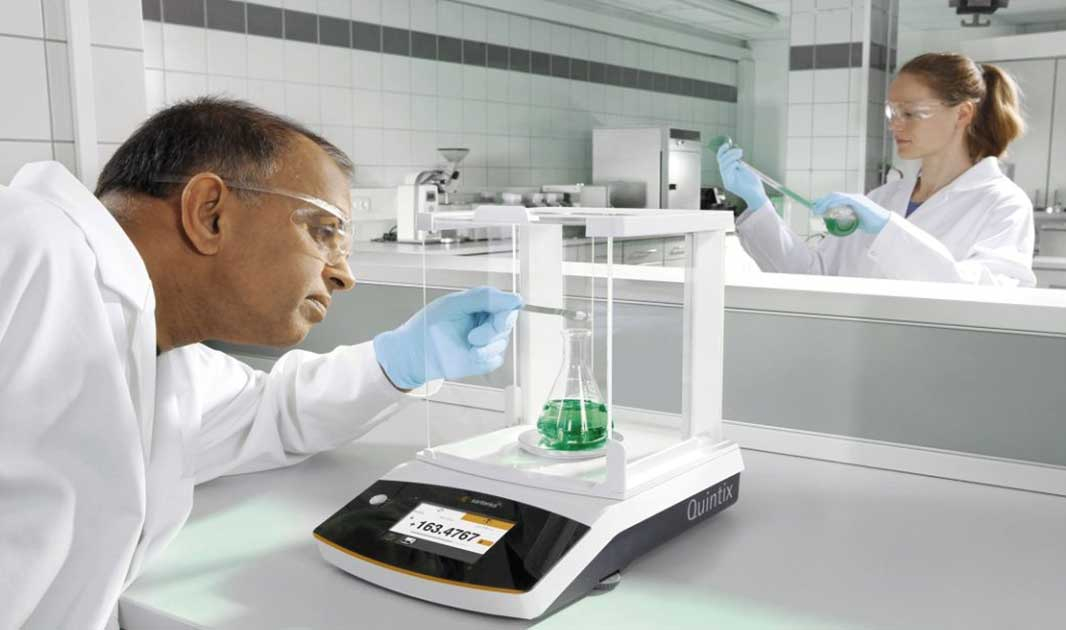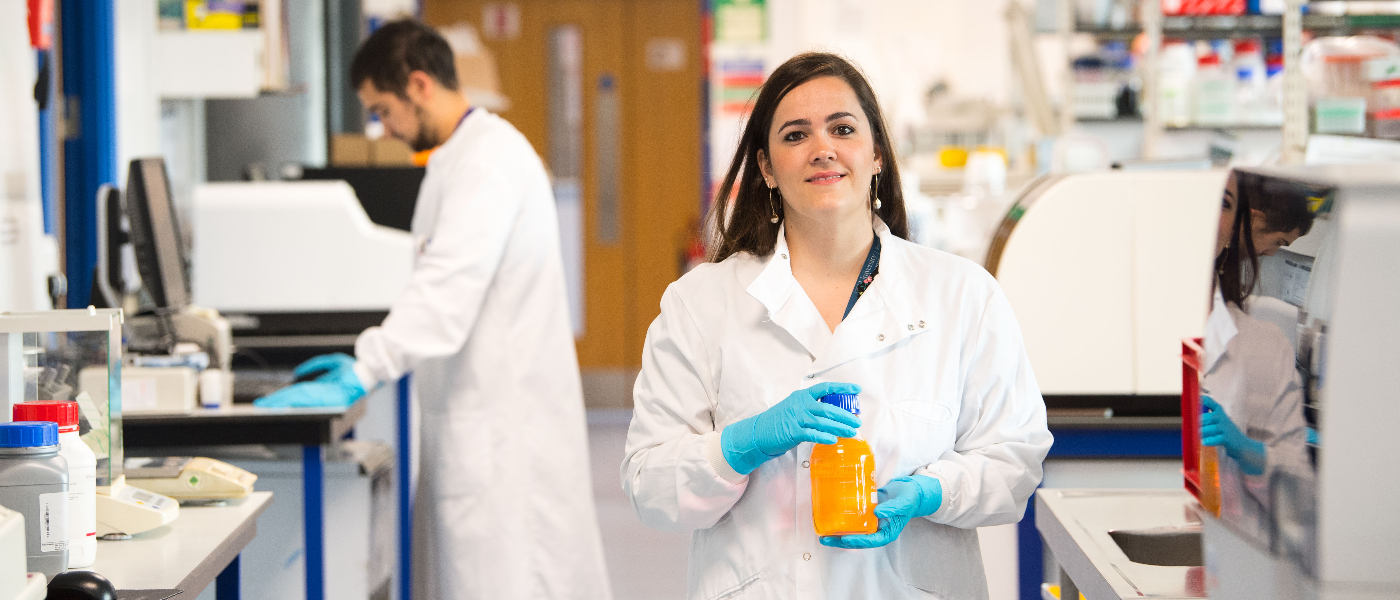High quality medicine is dependent on good laboratory practices.
From equipment maintenance to managerial structure, every part of a pharmaceutical laboratory is important to uphold these good practices.
Here, we list four crucial considerations to keep your lab efficient and following good laboratory practices in the pharmaceutical industry.
1. Management and staff
It’s important to clearly define your management structure, so all of your staff knows their role in the lab. Make use of organizational charts to clearly communicate this structure. Once you’ve defined your management, be sure that checks are in place to keep free flow of information across all levels. Poor relay of information can lead to miscommunication, which can cause devastating backups if it happens often. The status of samples should be easily traceable from time of receipt to final processing and analysis. Likewise, all of your staff should stay unbiased and free of any connection with internal or external influence that can sway their motivations.
Keep everyone in the lab on the same page with equipment maintenance, calibration, and operating procedures. Adequate training and supervision is one of the best ways to ensure your lab continues to function as it should. Finally, maintain all records meticulously and have a go-to person to ensure this happens. Records to be maintained can be logs from computers associated with equipment, tracking the status of a sample as it gets processed, and the final analytical reports. Regardless of their source, every record should have someone assigned to make sure it is up to date and backed up per requirement.
2: Equipment and reagents
Your equipment should be ordered, designed, and installed to perform in your laboratory space. Purchase equipment from a manufacturer that can provide adequate technical assistance to address any concerns like Evolve. Records should be kept of all equipment including their location, validation, maintenance plans, and past damage/repair. Always have calibration information readily accessible, including date of last calibration and when due for re-calibration.
Pharmaceutical labs rely heavily on reagents to produce reliable, reproducible results. All reagents should be stored appropriately in an accessible but secure location. Assign someone from your staff to maintain records for your reagents. These records should contain date received, source, expiration date, safety information, and other relevant information. Even more importantly, if any reagents are made in-house, they should be clearly labeled with content information, date made, and regularly tested as necessary to ensure no degradation has occurred. Even water should be considered as a reagent and proper care should be taken to avoid contamination. For reference substances, pharmacopeial reference solutions should be used when available. If reference substances are made in-house, maintain strict standards on labeling and regular validation (batch number, date, etc).

3: Operating Procedures and Methods
If your lab samples substances from outside, a sample plan should be in place. Upon receipt, samples are commonly subdivided into three: one for testing, one for re-testing, if applicable, and a final for confirmation in the case of dispute. Ideally, enough sample should be maintained for two analyses, in case re-analysis is required or requested. Likewise, all outside samples should be accurately defined, the source well recorded, and the contents well known.
Analytical worksheets and certificates of analysis should be filled out fully to compliance and contain all required information for the tested sample following good laboratory practices in pharmaceutical industry. Typically, each numbered sample should have its own analytical worksheet and certificate of analysis. Analytical procedures should be regularly validated.
4: Safety
Finally, don’t overlook safety in your lab. Lapses in safety can cause error, distraction, and disorder. Make sure your staff is always aware of the materials they’re working with and any associated risks. Clearly mark poisonous or hazardous materials appropriately. Provide your staff with protective clothing and eye protection. Ensure they’re aware of first aid, emergency eyewash, and fire extinguisher locations.
In Summary:
These four considerations will help you keep your lab following good laboratory practices in pharmaceutical industry. These practices will help you achieve reliable results and efficiency in your analyses. Good record keeping and accountability will let you better budget for resources, maintenance, and infrastructure costs. Even better, a reliable supplier will help you achieve good laboratory practices in pharmaceutical industry.
Here to support you
Evolve is proud to be the fastest-growing science company in Malta. We offer a comprehensive range of scientific products and services, from supplying the latest microscopes to award-winning lab design and the turnkey installation of medical cannabis facilities.
With our team of experts, you can chat to us about science products and planning for your business sector, and tap in to our knowledge.
For assistance, call us on +356 2248 9900 or email info@evolveltd.eu
You might also be interested in
Be the first to hear the latest news, ideas and initiatives from Evolve
Evolve is your trusted science partner
At Evolve, we have specific sector knowledge and tailor scientific solutions to your requirements by selecting and adapting our service offering, which includes:
- Facility design, laboratory supplies and lab furniture layout
- Expertise to help you make quick and informed decisions for all your clinical, scientific or analytical needs
- We can provide you with a comprehensive maintenance and support service
- We offer training in a number of areas of interest to the scientific community
Our proactive, consultative approach is underpinned by the expertise of our team of dedicated professionals, ensuring that you’ll get personal support from one of our experts.
If you need to speak with someone from Evolve, please visit our Support Centre page.


